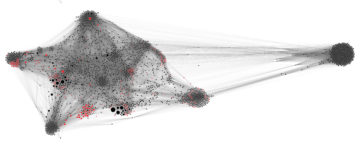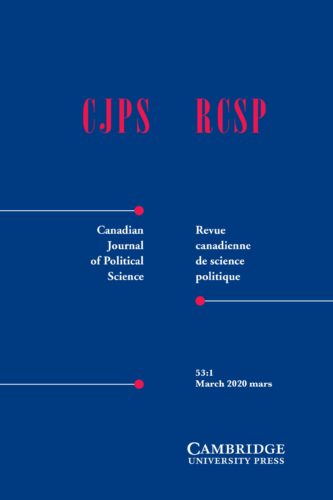Users of conservative or social media in the early days of the COVID-19 outbreak were more likely to be misinformed about how to prevent the virus and believe conspiracy theories about it.
Research Findings


Polarizing Tweets by Russian Trolls on Vaccination Targeted Groups in 2016
In the 2016 election cycle, Russian Twitter trolls sent targeted pro- and anti-vaccination tweets via various fake persona types, poisoning the kind of crisis communications that may be critical today in the coronavirus pandemic.

Viewership Soars for Misleading Tobacco Videos on YouTube
Misleading videos about tobacco use are widespread on YouTube, where views of popular pro-tobacco videos have soared in recent years, a study from the Annenberg Public Policy Center finds.

Vaccine Misinformation and Social Media
People who rely on social media for information were more likely to be misinformed about vaccines than those who rely on traditional media, according to new research by the Annenberg Public Policy Center.

Science Media Monitor No. 3 Update: Retractions of Scientific Findings
An updated Annenberg Science Media Monitor on retractions of scientific findings found just 38% of the articles analyzed indicated how the errors or misconduct occurred.

No Clear Evidence of Increase in Adolescent Suicide After ‘13 Reasons Why’
Contrary to a 2019 study, a data reanalysis found no evidence of an increase in adolescent suicide rates after the release of Netflix's "13 Reasons Why."

Science Media Monitor: Discovery, Retractions, Crisis and Self-Correction
In an effort to increase public understanding of the scientific process, the Annenberg Science Media Monitor has published reports seeking to improve science reporting in the news media.

Science Media Monitor No. 4: Crisis and Self-Correction in Science
In its fourth report, the Annenberg Science Media Monitor focuses on media reports about crisis and self-correction in science and efforts to address them.

